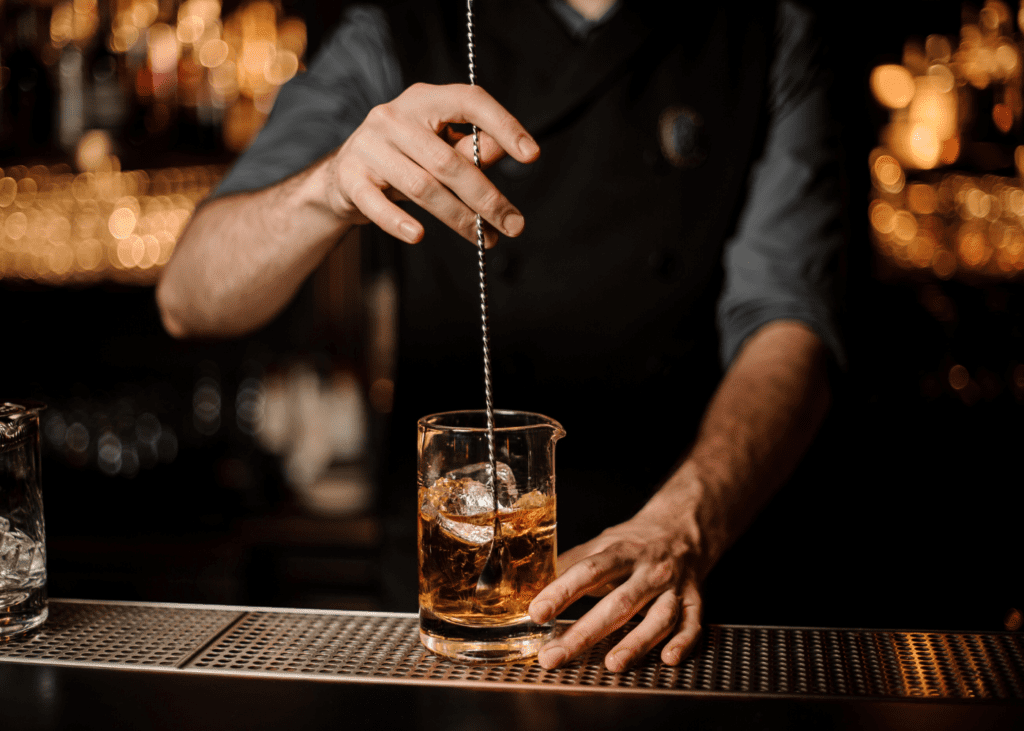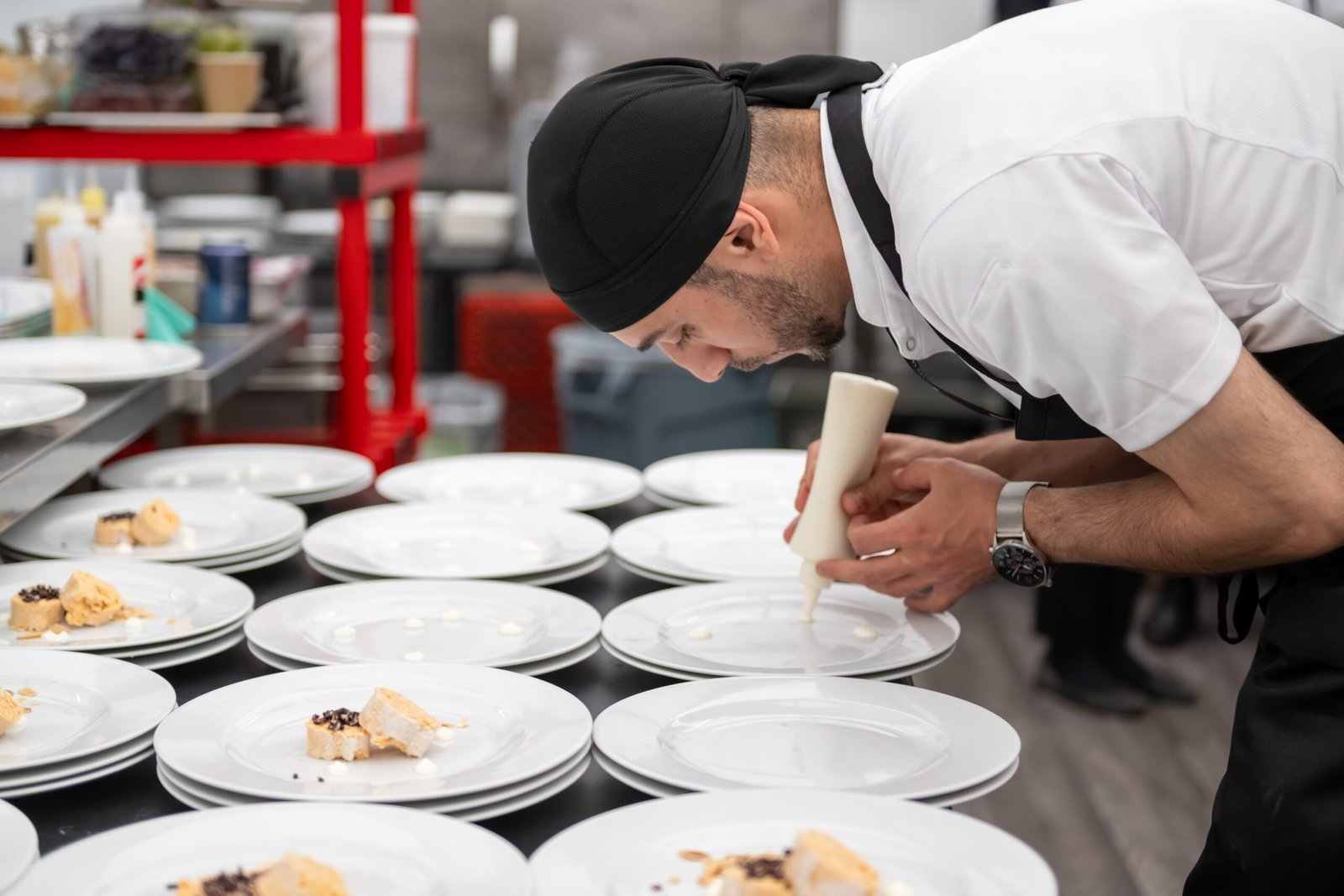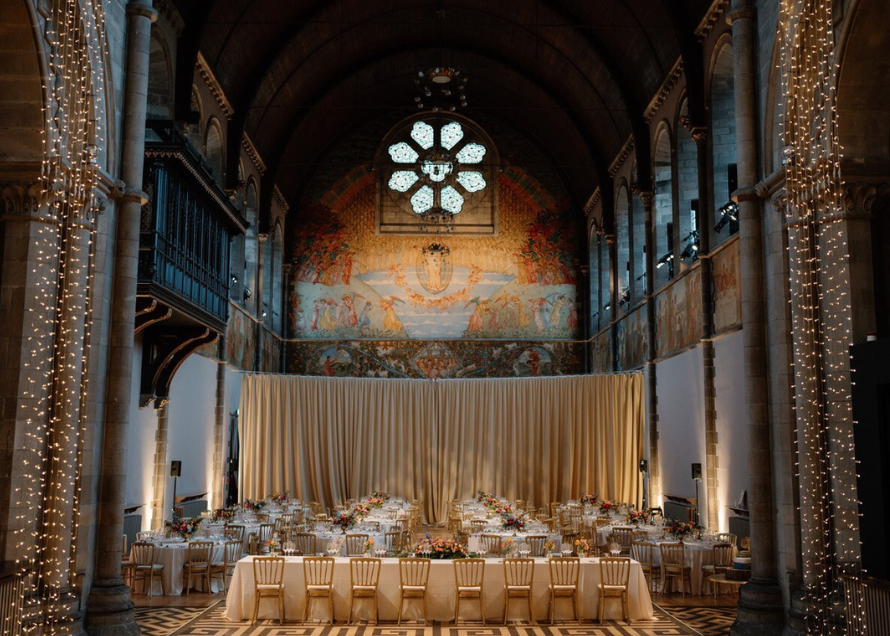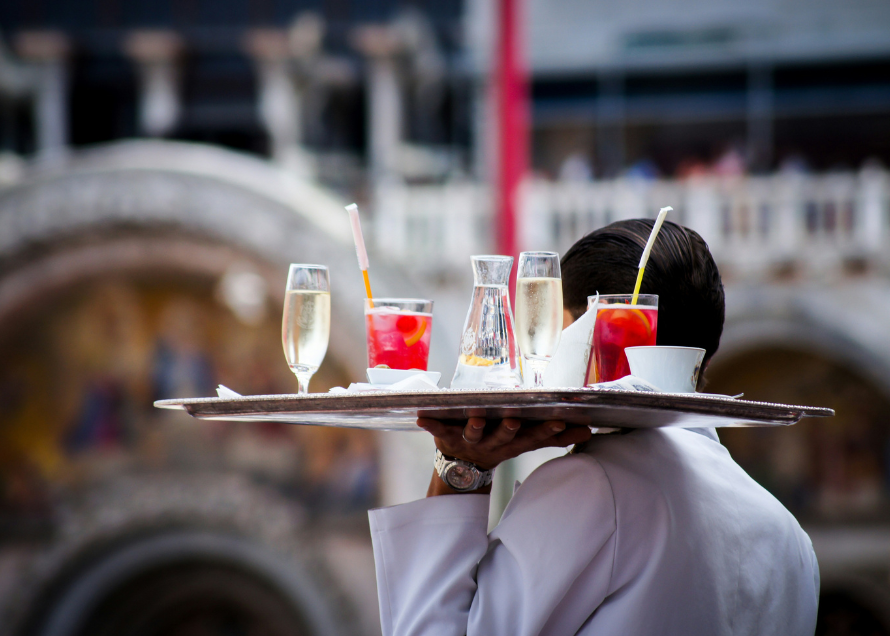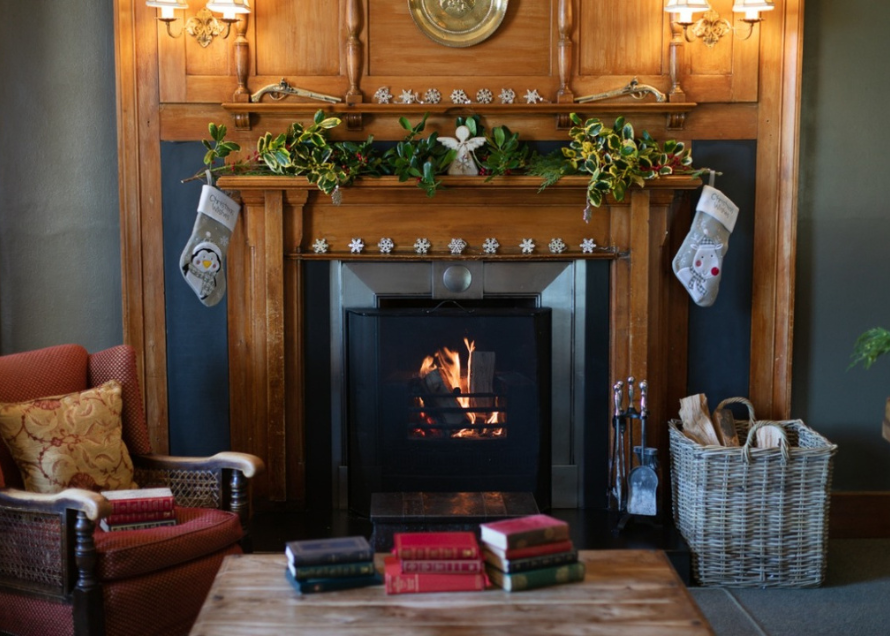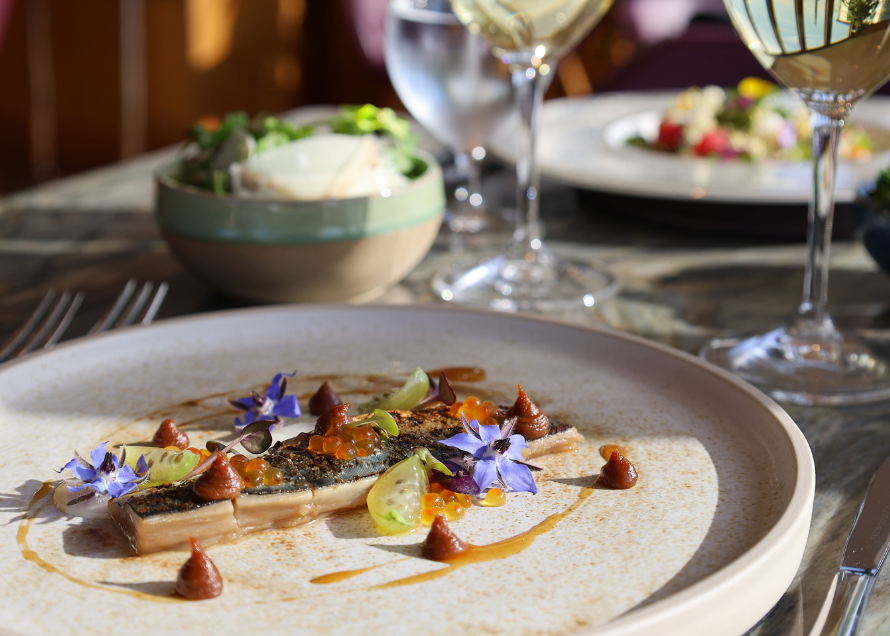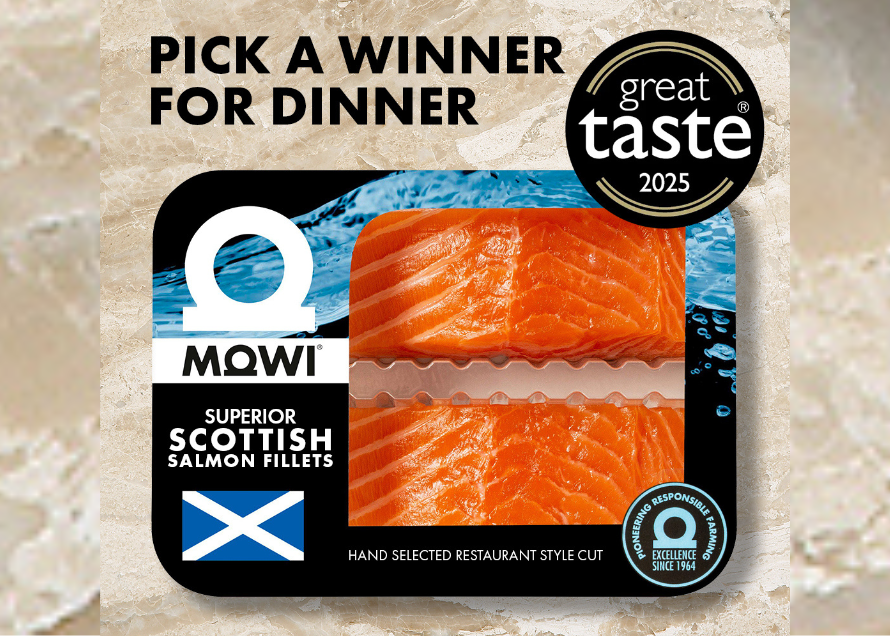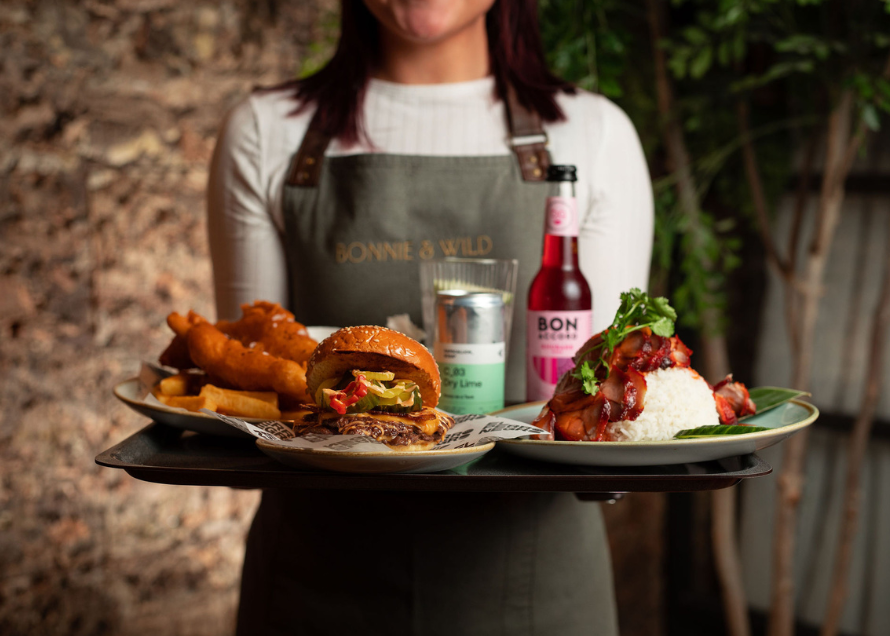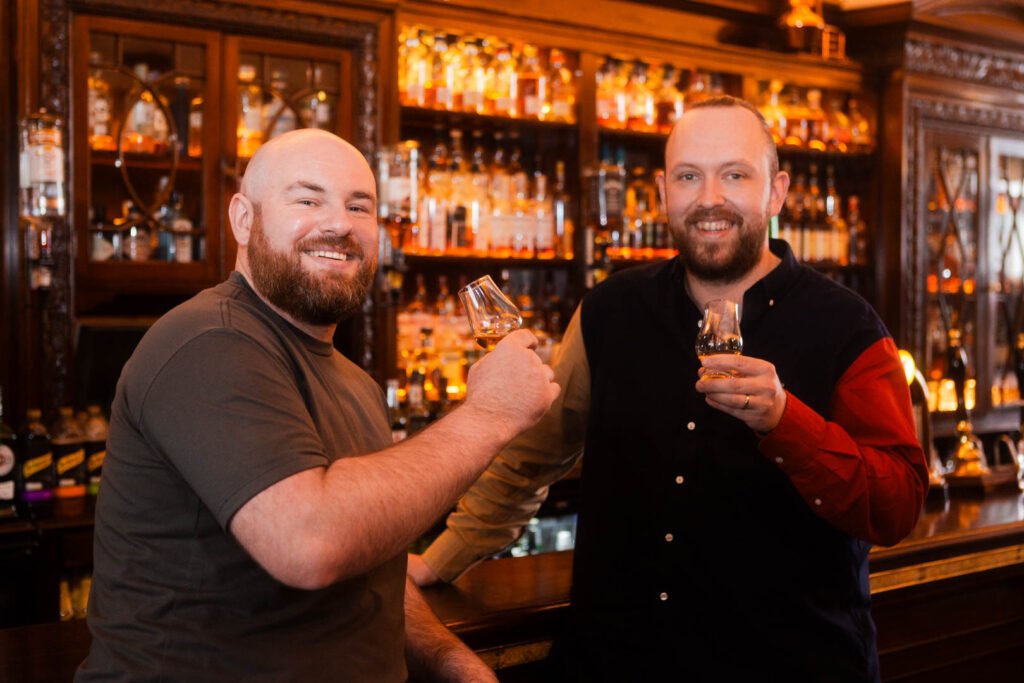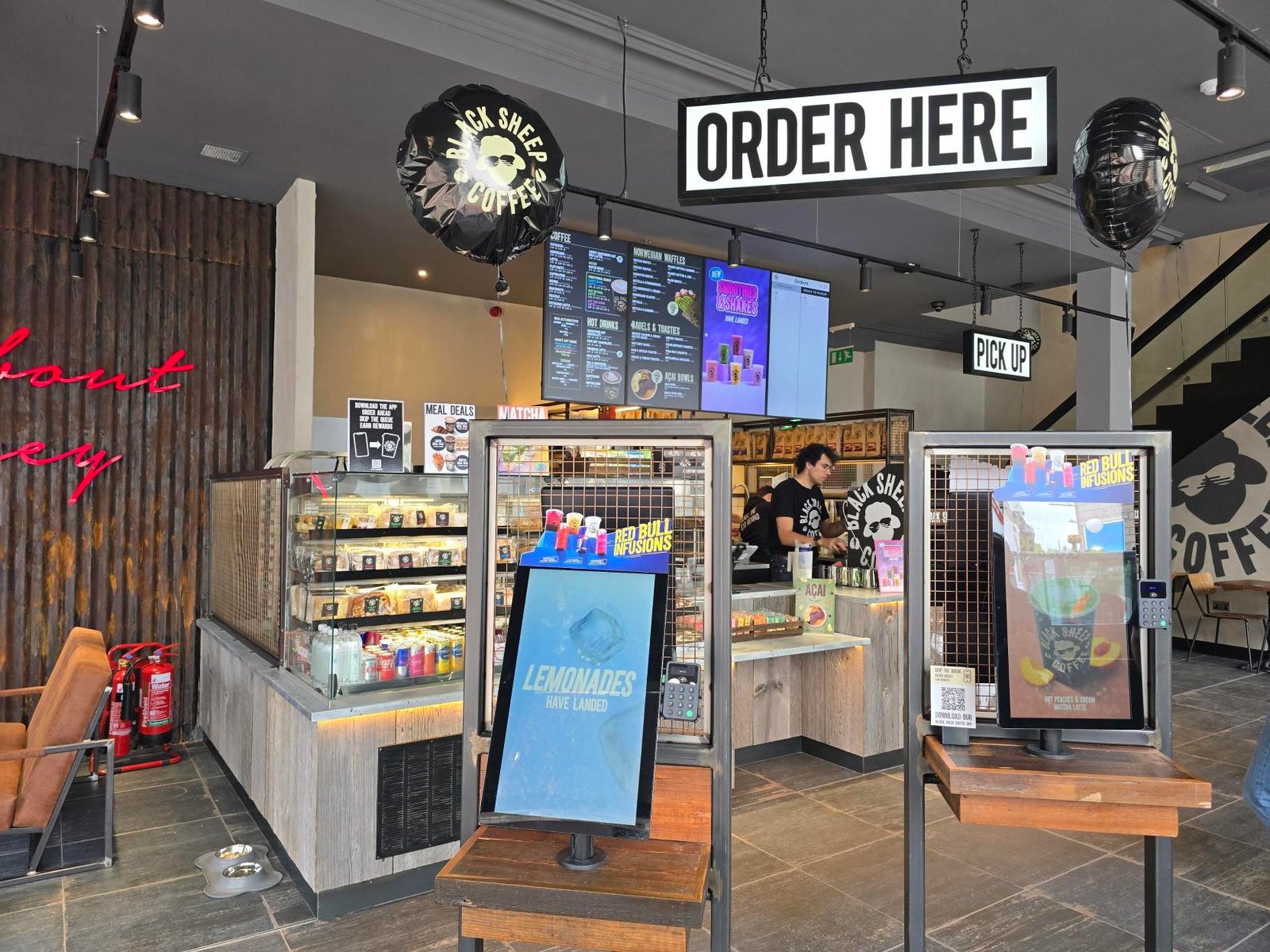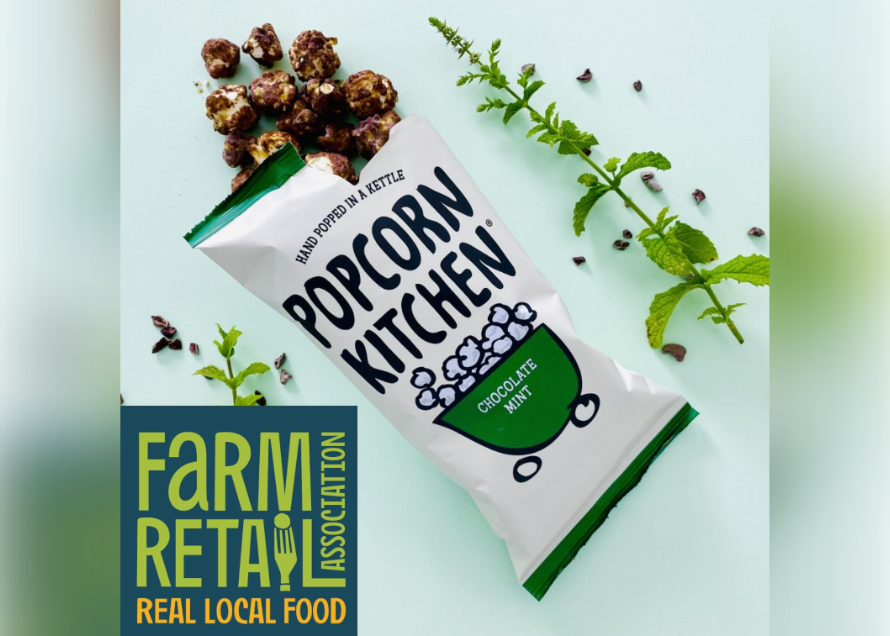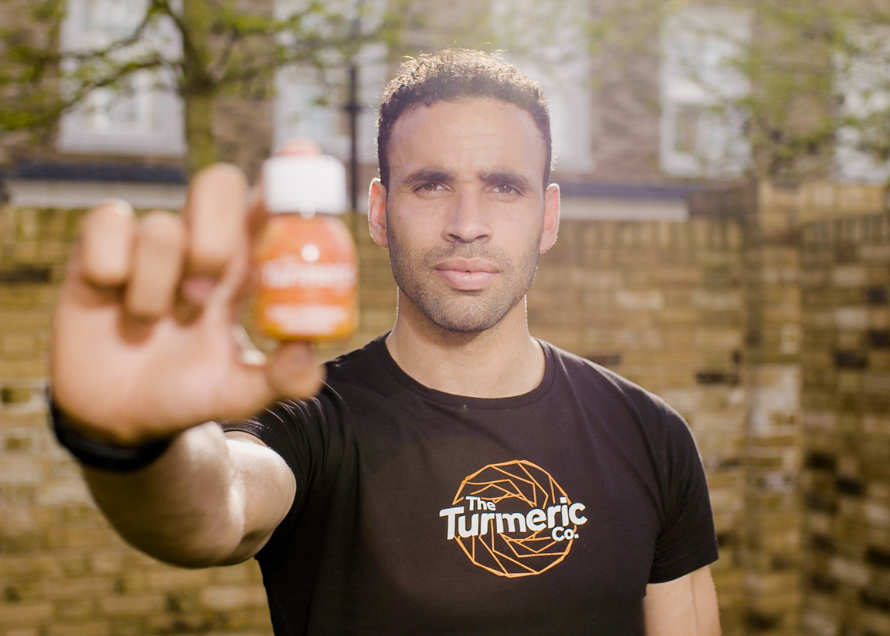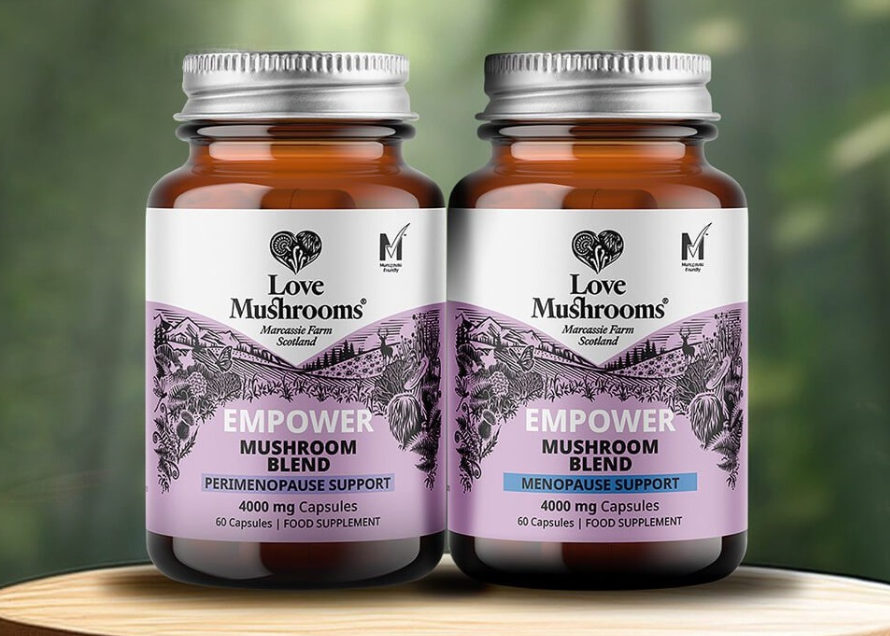The UK’s hospitality and spirits sectors are bracing for impact following the Chancellor’s latest Budget announcement.
Industry leaders express concerns over rising costs and tax increases, while also acknowledging some positive long-term measures.
The budget introduces significant changes to alcohol duty, capital gains tax, and inheritance tax, prompting mixed reactions from key industry figures.
Comment from UKHospitality
Kate Nicholls, Chief Executive of UKHospitality, said: “This Budget is the latest blow for hospitality businesses. Rising taxes, increasing costs and fragile consumer confidence risk bringing growth to a grinding halt.
“In the short-term, the tsunami of employment costs coming in April will ultimately do more to hamper growth than incentivise it. Increases to employer NICs and wages will make it harder for businesses to support employment and invest in their businesses.
“Avoiding the business rates cliff-edge next April was critical and it was important that some relief has been extended. However, the reduced level of 40% is another cost that businesses have to deal with. For those small- and medium-sized operators, their rates bills will still go up in April.
“All of this means that 2025 will be painful for hospitality, with an increased annual tax bill of £3 billion for the sector.
“However, there are reasons for longer-term positivity. I am pleased that the Chancellor is implementing UKHospitality’s recommendation for a permanently lower level of business rates for hospitality. Levelling the playing field in this way recognises the importance of the high street and the role it plays in our communities and economy.
“We need to see the detail and the Government must work with the sector in the design and delivery of this significant change to get it right.”
Comment from Whisky 1901
Comments from Aaron Damiano Sparkes, Founder and CEO at Whisky 1901 on alcohol duty:
“Today’s UK Autumn budget saw an increase on alcohol duty rates on non-draught projects, increasing in line with RPI from February next year.
“The current system discriminates between alcohol beverage categories, with consumers who drink draught beverages experiencing a tax cut, where other alcohol beverages receive a significant tax duty increase. Scotch is already the highest-taxed alcoholic product in the UK.
“This contradicts the UK Government’s pledge to support Scottish Whisky – an industry that contributes £7.1 billion in exports to the UK economy and supports more than 66,000 jobs across the UK. Scottish distilleries are popular tourist attractions and generate crucial income for other businesses in their local communities.
“The tax hike doesn’t just affect distilleries, the hospitality sector and consumers, it also impacts the growing cask investment market – those wishing to explore and invest in alternative assets.
“Due to the increased duty, it costs more to produce the alcohol and more to purchase the whisky whether bottled or barrelled. While this increase in cask value may come as positive news for those who have already invested in casks, new investors will now pay more for the same barrel. Fortunately, cask whisky consistently outperforms many traditional investment options, particularly in the long term, and the value is not driven by economics alone, but by the maturation of the product.”
Comments from Aaron Damiano Sparkes, Founder and CEO at Whisky 1901 on capital gains tax:
“Today the UK government increased rates for Capital Gains Tax (CGT) in the Autumn budget, increased CGT rates from 10% to 18% for lower rates, and from 20% to 24% for higher rates.
“In light of these changes, we recommend investors look to alternative tax-free investment opportunities, such as Enterprise Investment Schemes, specific ISAs, or wine and whisky, which are all exempt from CGT. In the case of whisky, HMRC classes it as a ‘wasting chattel’ – an asset that typically has a lifespan of 50 years or less. As whisky matures in its cask, a very small amount of alcohol – typically less than 2% per annum – evaporates into the porous wood – this is more commonly known as ‘The Angel’s Share’.
“Whisky cask investment provides investors with a solution to investing funds in a tax-free opportunity. While some tax restrictions are imposed once the whisky is moved from cask to bottle, if an investor keeps their whisky in its cask for the entirety of their investment journey, they are not liable to pay any CGT on the cask even after it has been sold, resulting in tax-free profit.
“When it comes to more mainstream investments such as second homes, any stocks and shares not in an ISA or PEP, or business assets, the increase in CGT is likely to hinder not only long-standing investors but also put off younger people looking to invest for the first time. This additional tax creates another hurdle for those looking to build their investment portfolio. Alternative tax-free investment opportunities, such as whisky casks, provide investors with a tax-free haven that is both legal. and safe when working with a trusted partner, to continue to build a high-value asset portfolio.”
Comments from Aaron Damiano Sparkes, Founder and CEO at Whisky 1901 on inheritance tax:
“Currently at 40%, in heritance tax is paid on the value of a deceased person’s assets above a threshold of £325,000. According to the latest figures from HMRC, 4% of estates are currently subject to it. This rate freeze has been extended for a further two years, resulting in a nil rate band (NRB) i.e. the amount every person can leave their heirs free of IHT, remaining the same. However for assets over £1 million an inheritance tax will apply with a 50% relief.
“When a person dies, they can pass their nil-rate band onto their spouse, so that person has a doubled nil-rate band of £650,000. There is an additional allowance of £175,000 for passing on the family home, called the “residence nil-rate band”. This is also transferrable to a surviving spouse after death. Altogether this allows people to pass on up to £1 million of assets, including the family home, to children or grandchildren.
“For those over this threshold, whisky cask investors over the threshold with a cask portfolio can gift casks to children or grandchildren. If the owner survives seven years after gifting the casks, they are exempt from IHT, known as a Potentially Exempt Transfer.
“Those most likely to be affected by changes to IHT are non-UK domiciled individuals, with a tightening of rules based on tax residence, including the introduction of a foreign income and gains (FIG) regime.”





